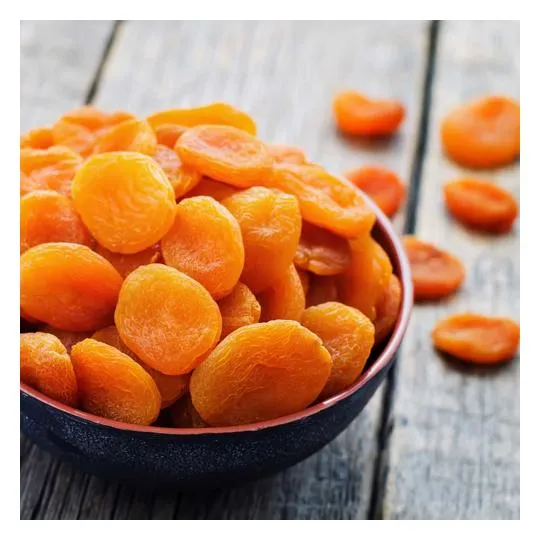
Uncooked Dried Apricots: Keto-Friendly or Not?
As the ketogenic diet continues to gain momentum in the world of nutrition, many of us are left puzzled about where our favourite foods stand in this high-fat, low-carb diet plan. Today, we’ll be scrutinizing uncooked dried apricots. Yes, these little orange gems are known for their sweet tartness, making them a popular choice in trail mixes and dessert recipes. But the burning question on everyone's mind is: Are uncooked dried apricots keto-friendly?
Understanding the Keto Diet
Before we delve into the specifics of uncooked dried apricots, it's crucial to comprehend the central principles of the ketogenic diet. This diet predominantly focuses on high fat consumption (about 70-80% of your daily caloric intake), moderate protein, and very low carbohydrate intake. The target? To shift your body into a metabolic state known as ketosis, where it seeks out fat as its primary energy source instead of carbohydrates—usually limited to under 50 grams of net carbs each day.
Nutritional InformationPer (1 Cup (130.0g)):
Per 100g:
| 
Uncooked Dried Apricots is not keto-friendly. It's best avoided if you're trying to maintain ketosis. |
Dried Apricots are a fruit that's not only rich in fiber but also loaded with vitamins and minerals.
In terms of macronutrients, dried apricots have a significant amount of sugar and carbs, amounting to about 74g in every 100g serving. They are a good source of micronutrients such as Vitamin A, Vitamin C, and Potassium, among others.
For someone strictly following a keto diet, uncooked dried apricots may pose a challenge due to their high carbohydrate content. With 74g of carbs per serving, this fruit falls into our highest category, making it not particularly keto-friendly. It's best to consume it sparingly or ideally avoid if you're trying to maintain ketosis. You could consider other low-carb fruits like berries as an alternative option.





